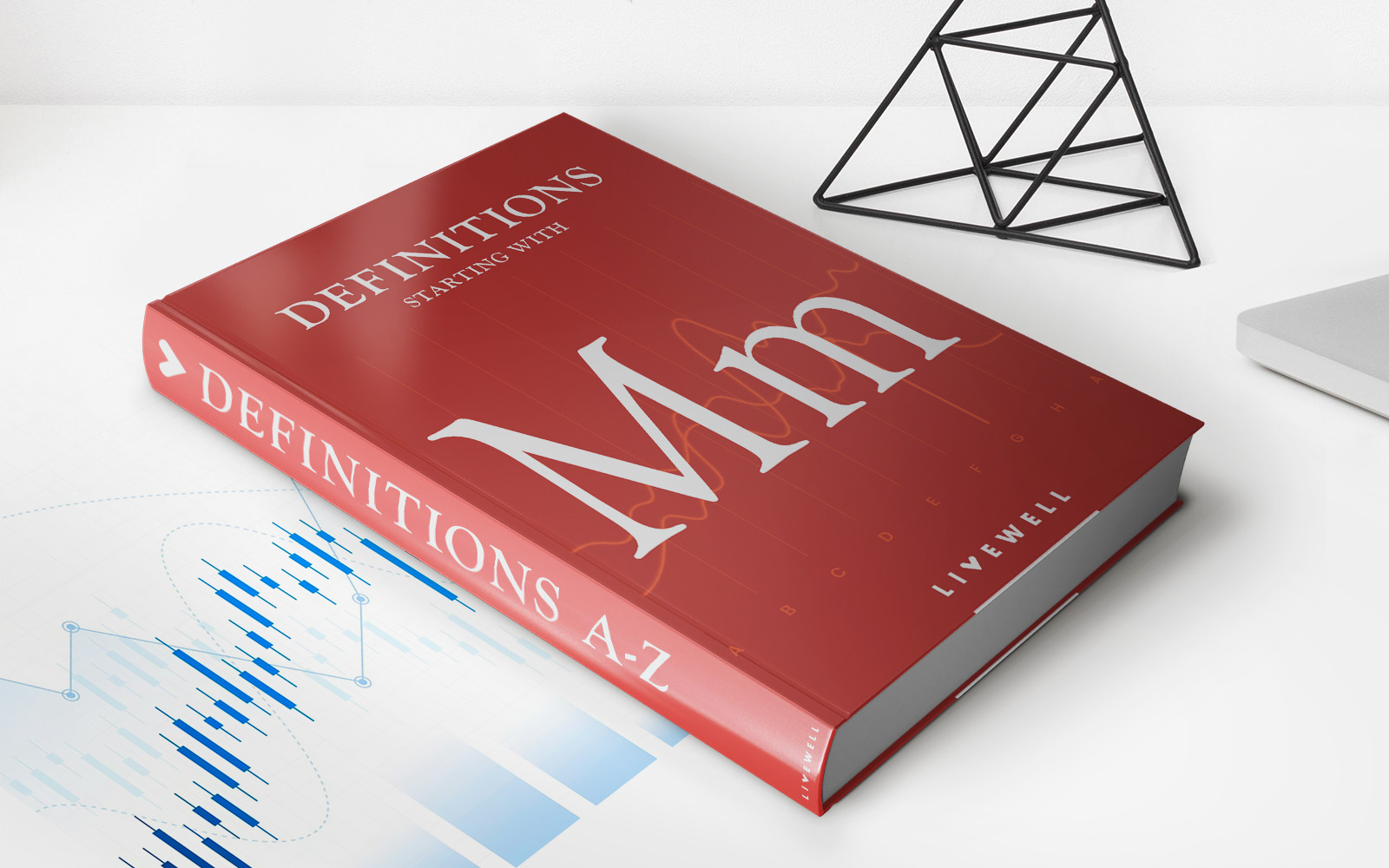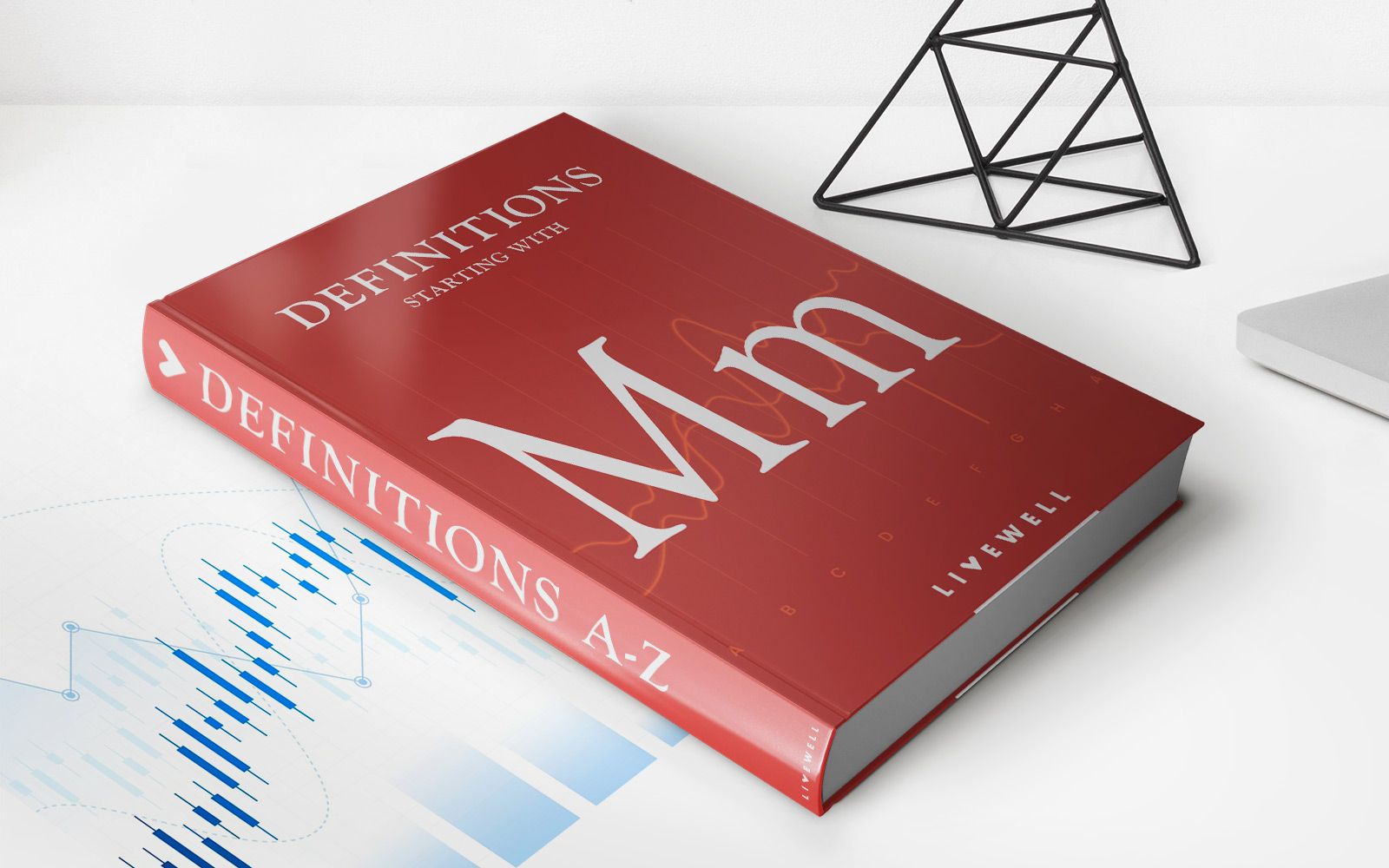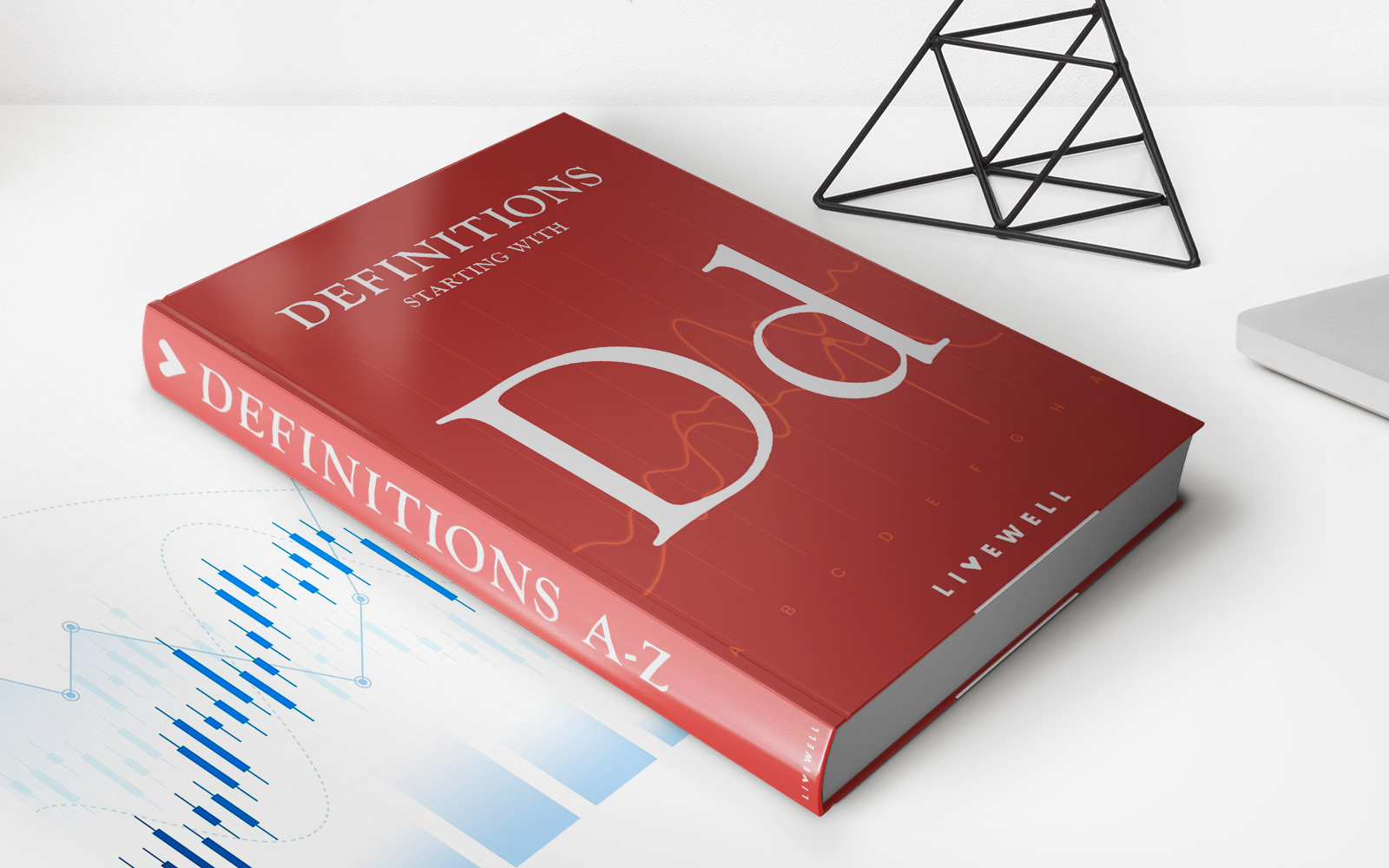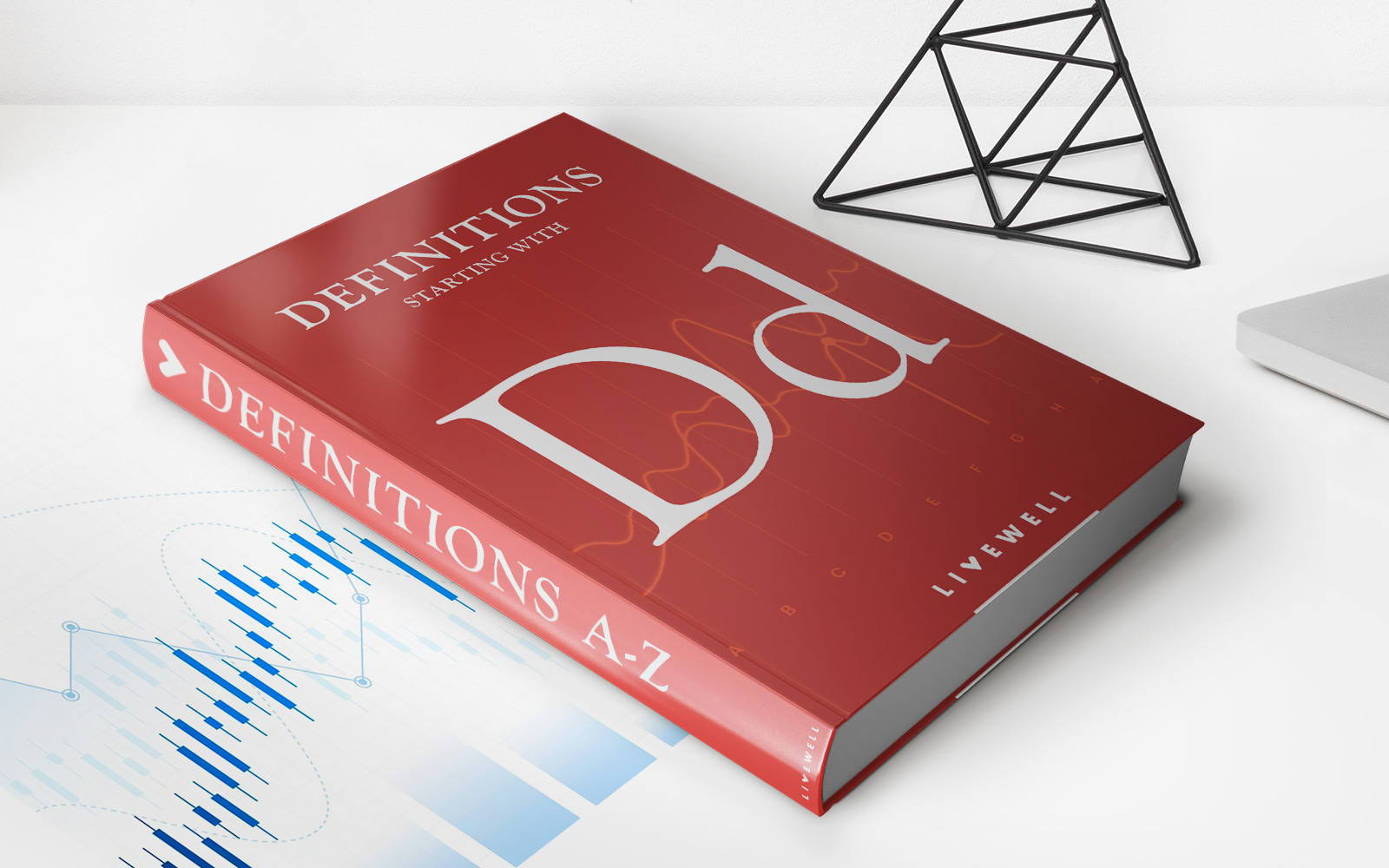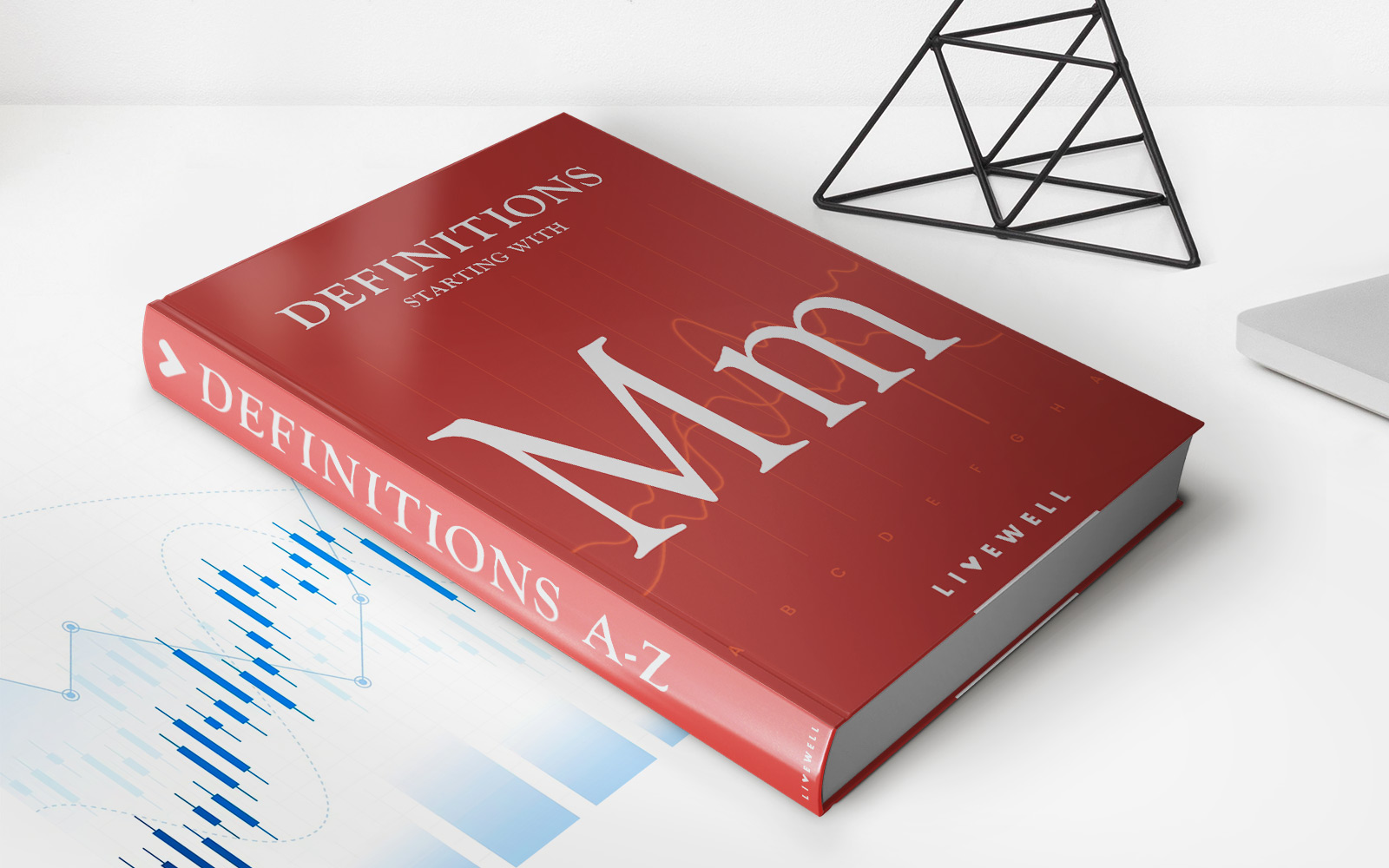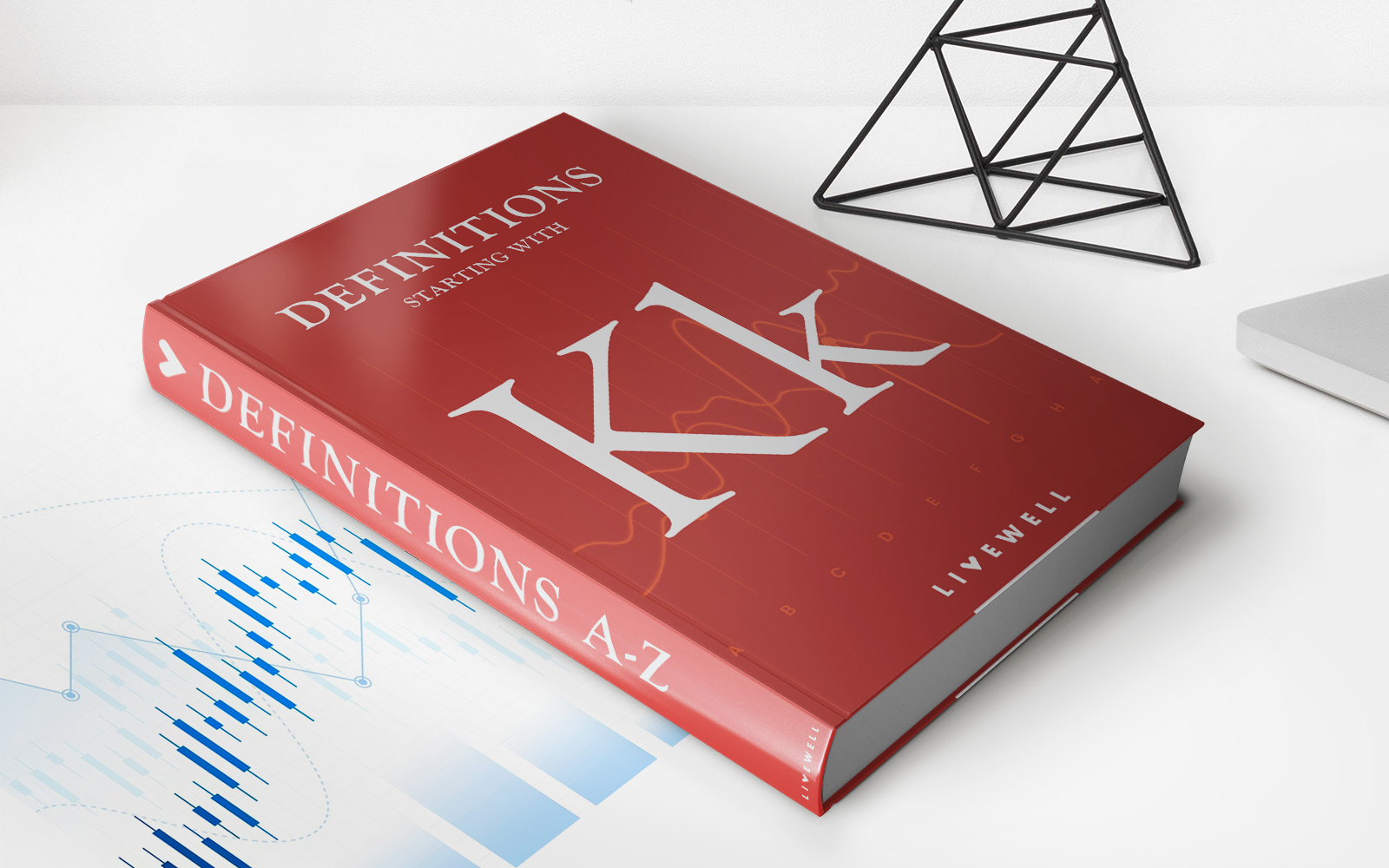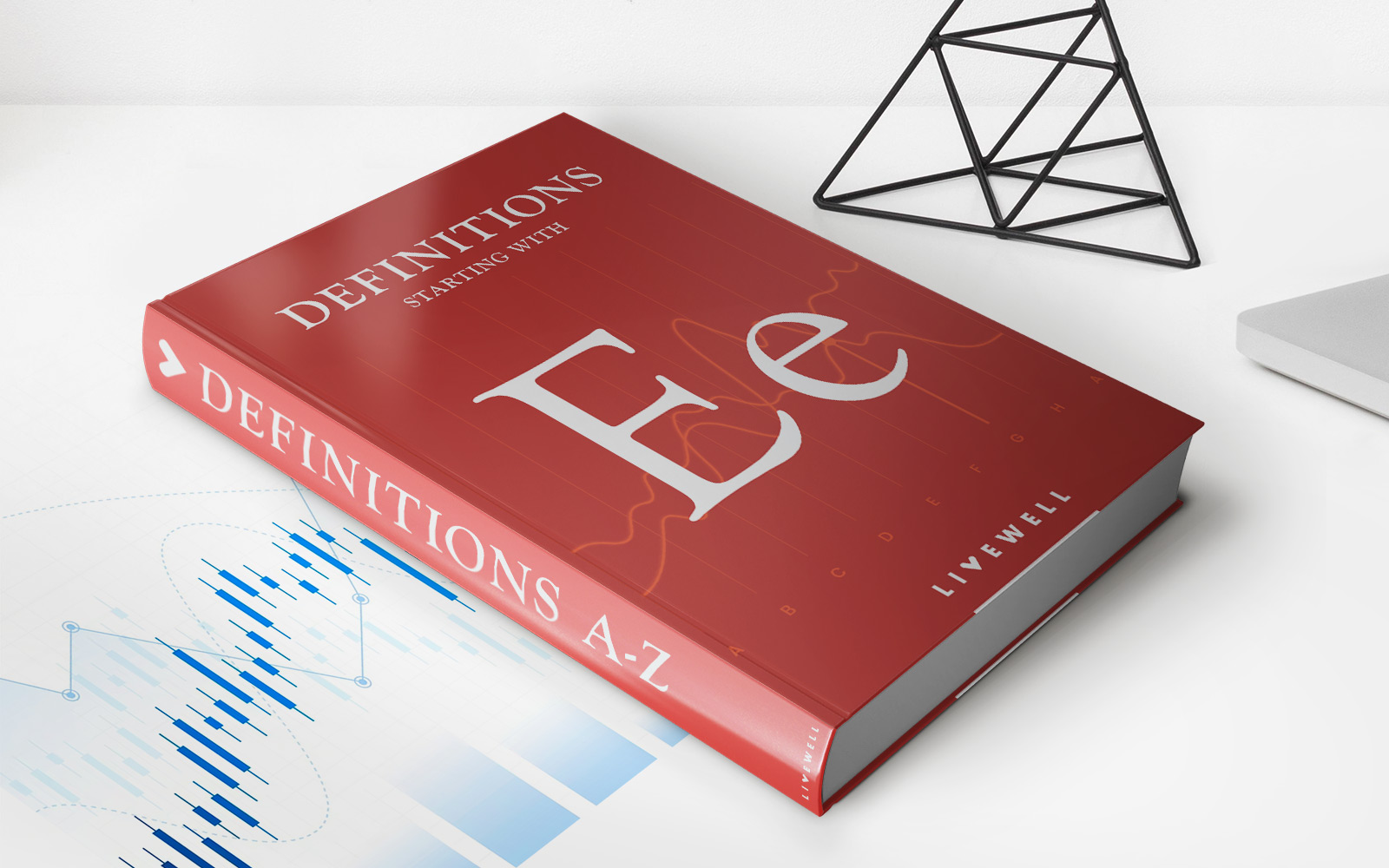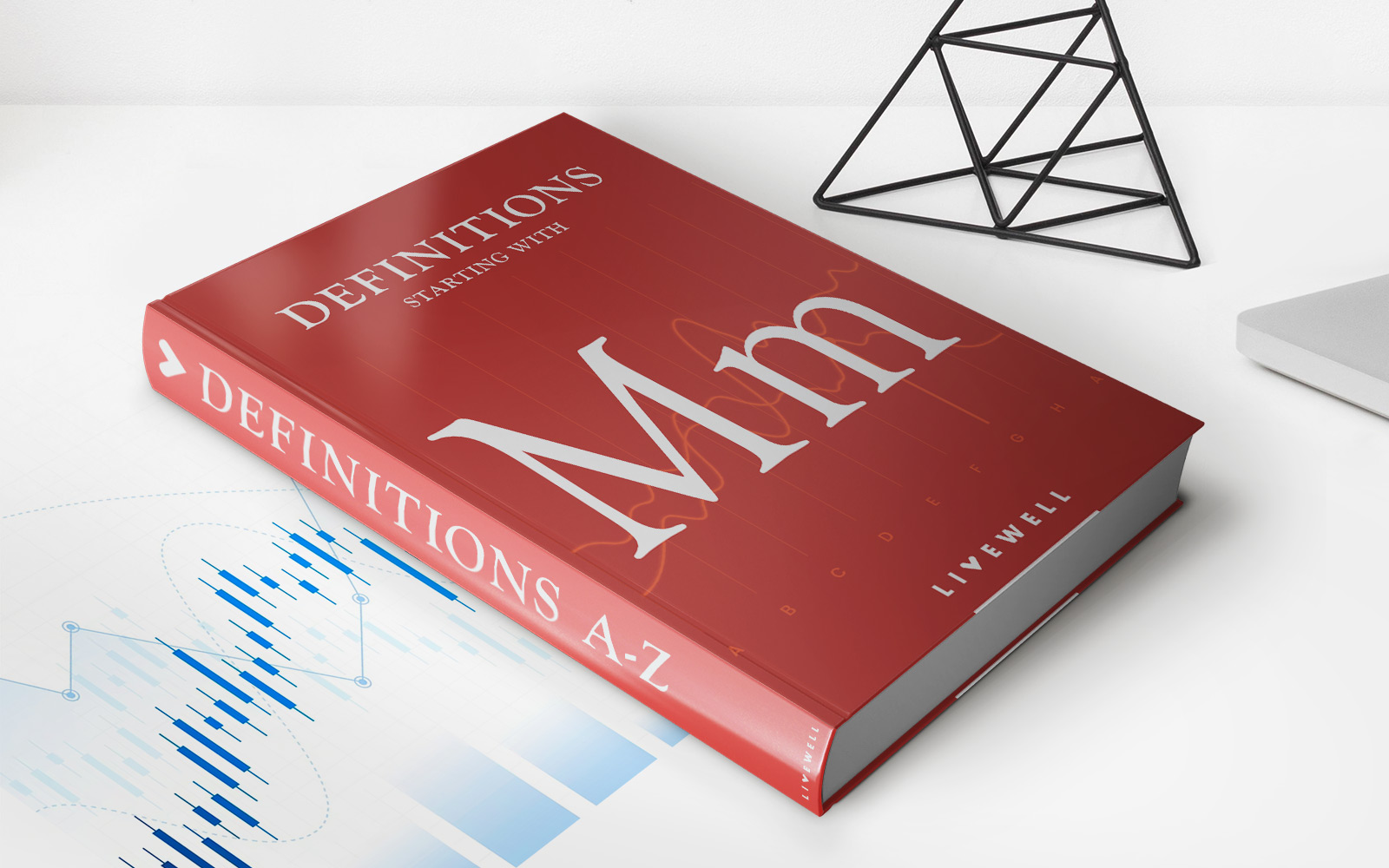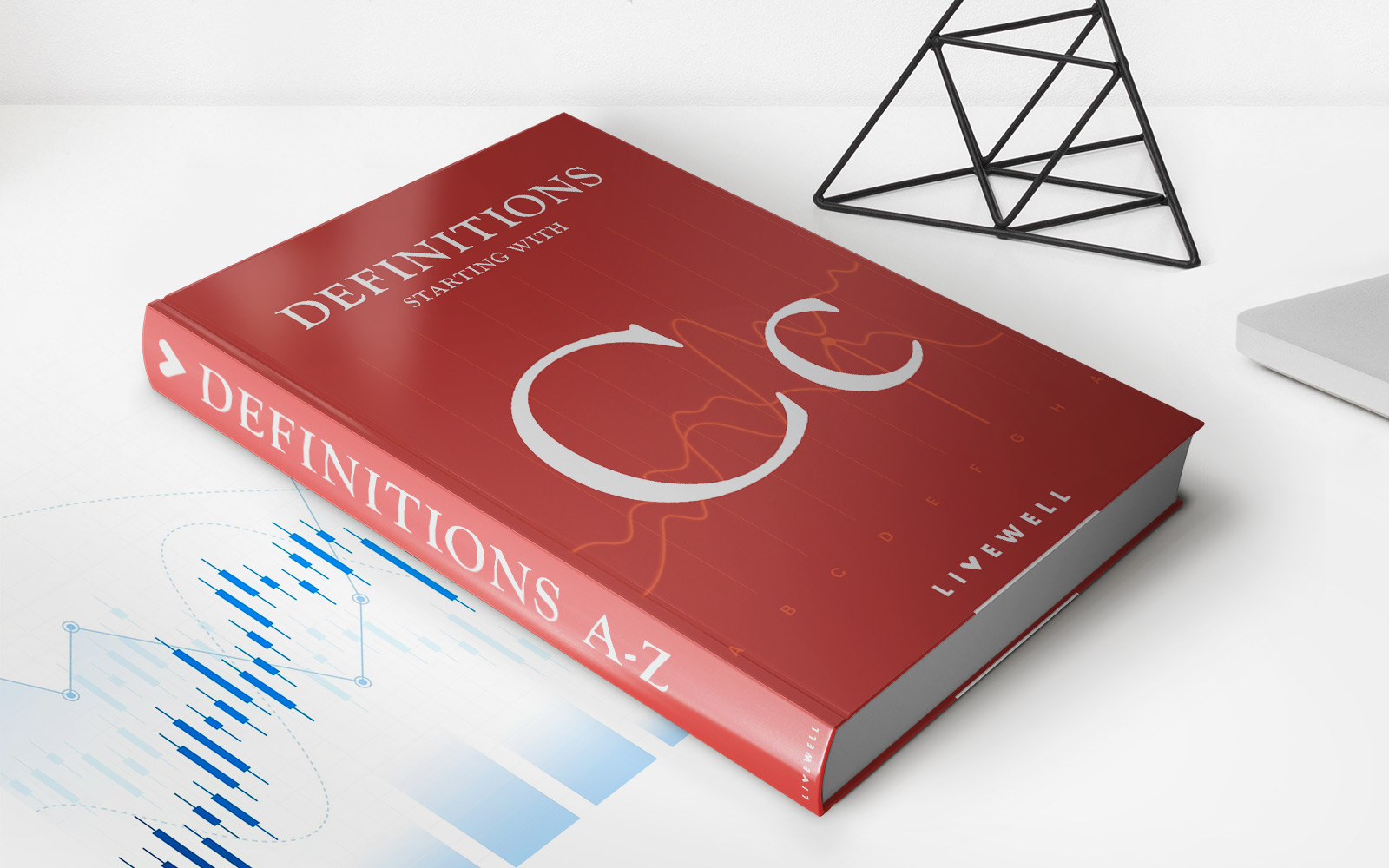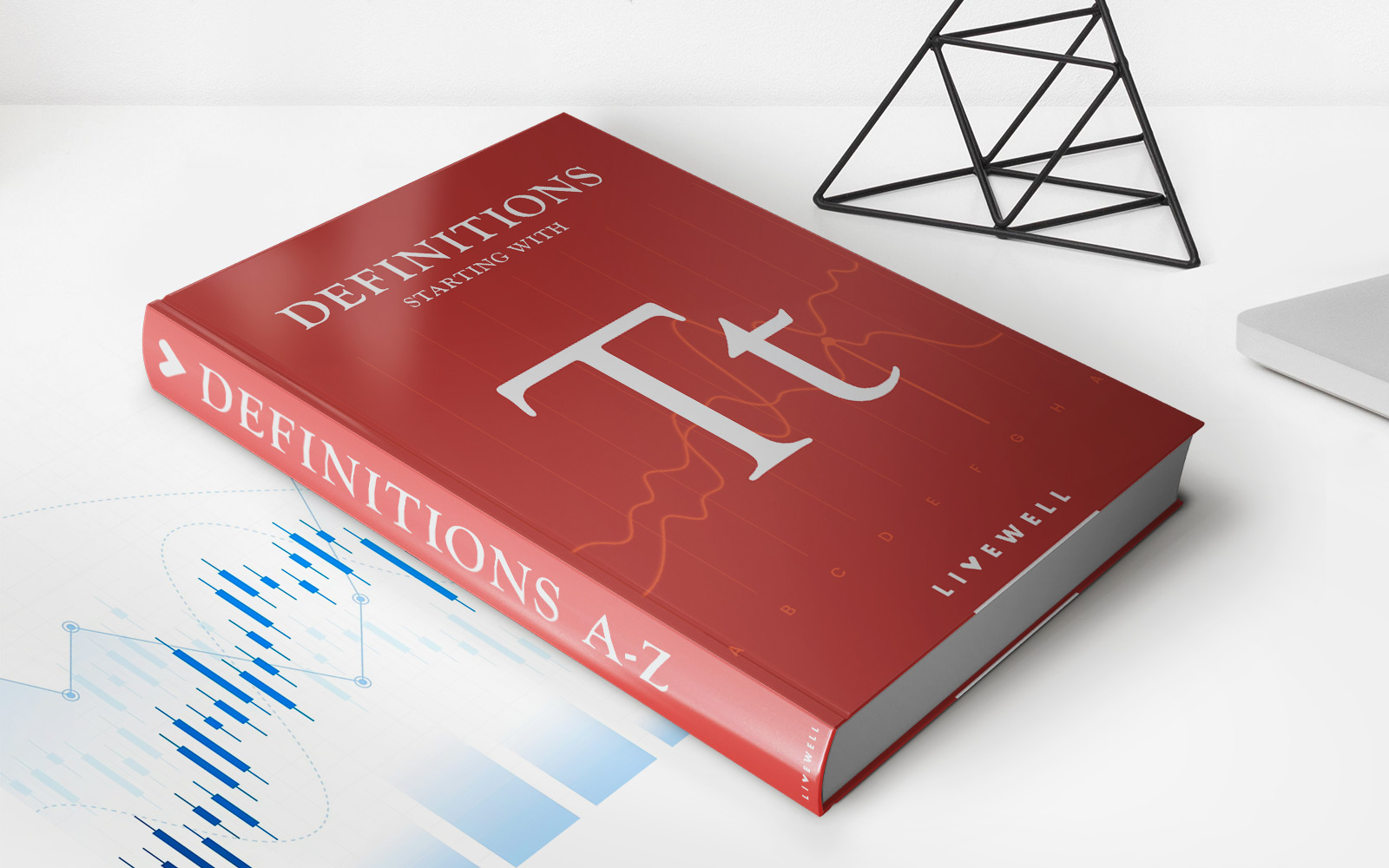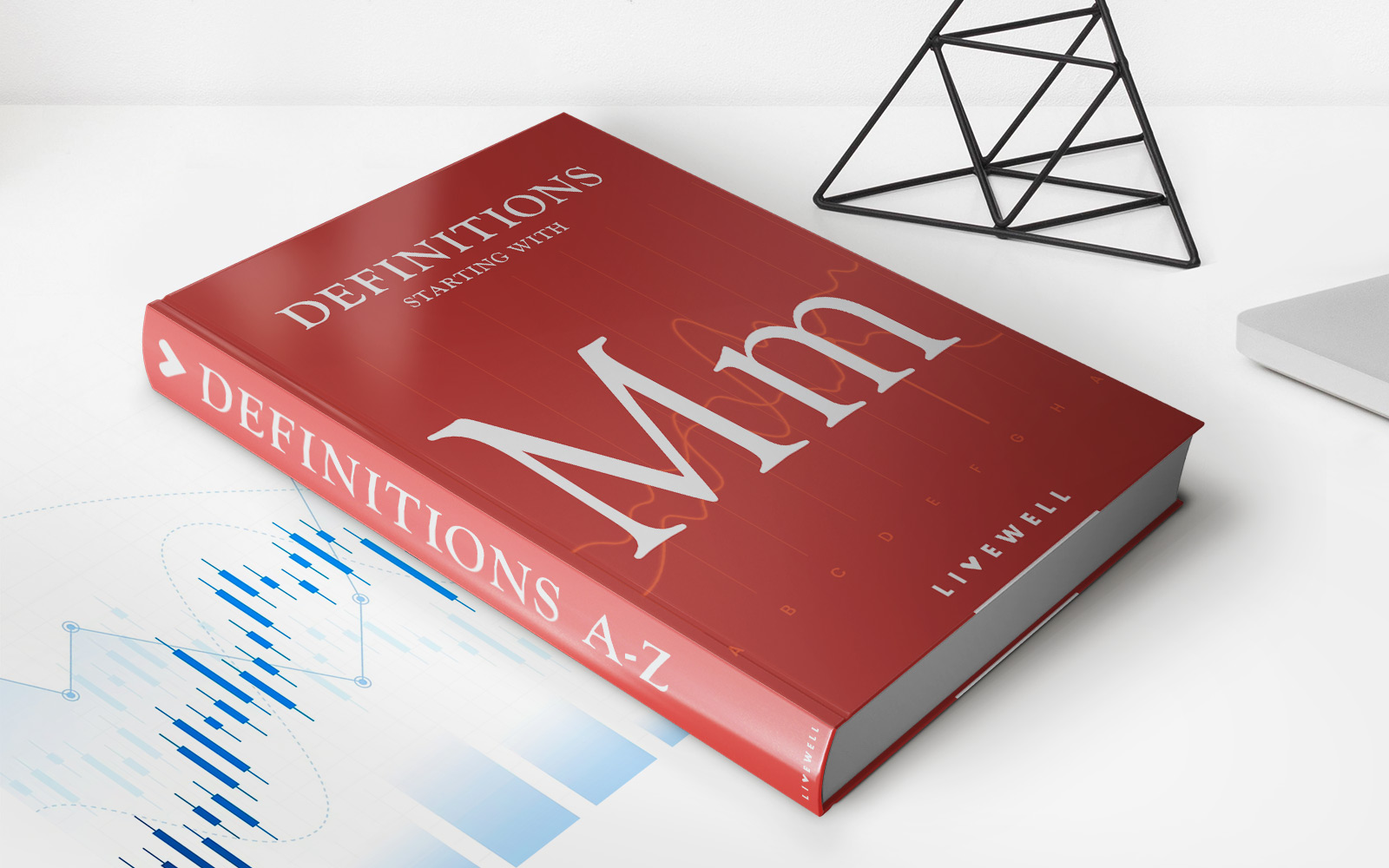

Finance
Modified Duration Definition
Published: December 26, 2023
Discover the definition of modified duration in finance and understand its importance in evaluating investment risks. Learn more about finance terminologies and concepts.
(Many of the links in this article redirect to a specific reviewed product. Your purchase of these products through affiliate links helps to generate commission for LiveWell, at no extra cost. Learn more)
Modified Duration Definition: Understanding the Concept and its Significance in Finance
Welcome to our Finance category, where we delve into various financial concepts and provide valuable insights to help you navigate the complex world of money management. In today’s post, we will discuss the modified duration definition and its significance in finance. If you’ve ever wondered about the role of modified duration in bond investments and how it affects your portfolio, then you’re in the right place. So, let’s dive in and explore this important financial concept.
Key Takeaways:
- Modified duration is a measure of a bond’s price sensitivity to changes in interest rates.
- It helps investors anticipate how bond prices will fluctuate in response to interest rate movements.
What is Modified Duration?
Modified duration is a financial metric used to estimate the change in a bond’s price in response to a change in interest rates. It measures the price sensitivity of a bond or bond portfolio, taking into account factors such as coupon payments, time to maturity, and prevailing interest rates. By calculating the modified duration, investors can anticipate the potential impact of interest rate changes on the value of their bond investments.
When interest rates rise, bond prices tend to fall, and vice versa. The modified duration captures this inverse relationship. A bond with a longer duration is more sensitive to interest rate changes, meaning its price will be more affected by such fluctuations. Conversely, bonds with shorter durations will experience lower price volatility in response to changes in interest rates.
Why is Modified Duration Important in Finance?
The concept of modified duration is of great importance to investors and financial analysts. Here are a few reasons why:
- Managing Interest Rate Risk: Modified duration allows investors to assess and manage interest rate risk associated with their bond investments. By understanding how sensitive a bond or a portfolio is to interest rate movements, investors can make more informed decisions and develop strategies to mitigate potential losses.
- Asset Allocation: Modified duration helps investors determine the optimal allocation of assets within their portfolio. By considering the modified duration of various bonds, investors can strike a balance between risk and return, ensuring their portfolio aligns with their investment objectives and risk tolerance.
- Comparing Bonds: Modified duration provides a standardized measure that allows investors to compare different bonds and assess their relative price sensitivity to interest rate changes. This information can guide investors in selecting bonds that align with their investment goals and risk appetite.
Overall, understanding the concept of modified duration is crucial for investors who want to make informed decisions when it comes to bond investments. By considering this key metric, investors can effectively manage risk, optimize asset allocation, and make better-informed investment choices.
We hope this blog post has shed some light on the modified duration definition and its significance in the world of finance. If you have any further questions or would like to explore other finance topics, please feel free to browse through our Finance category for more valuable insights.
